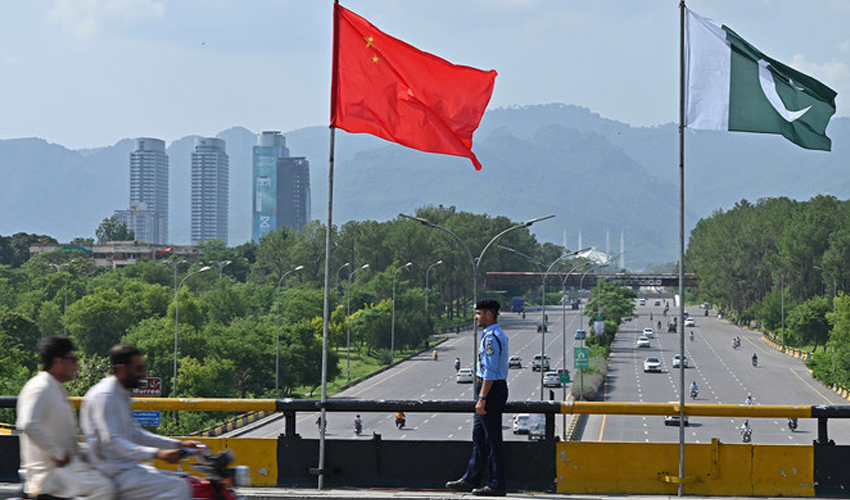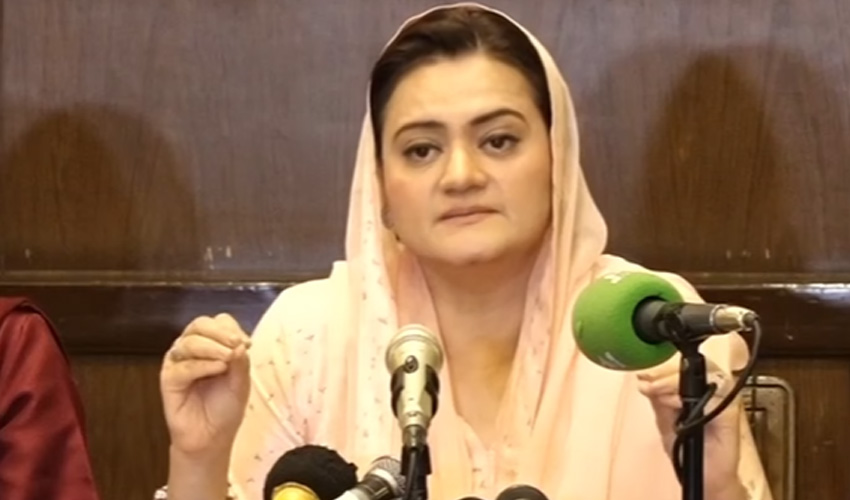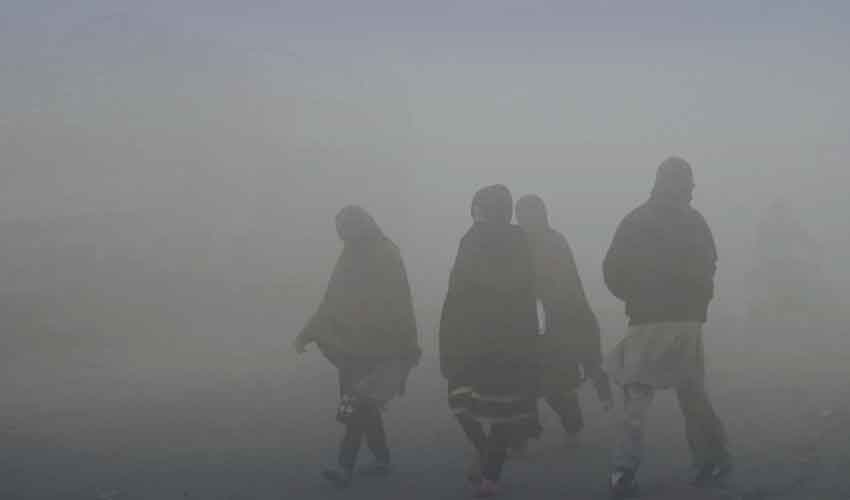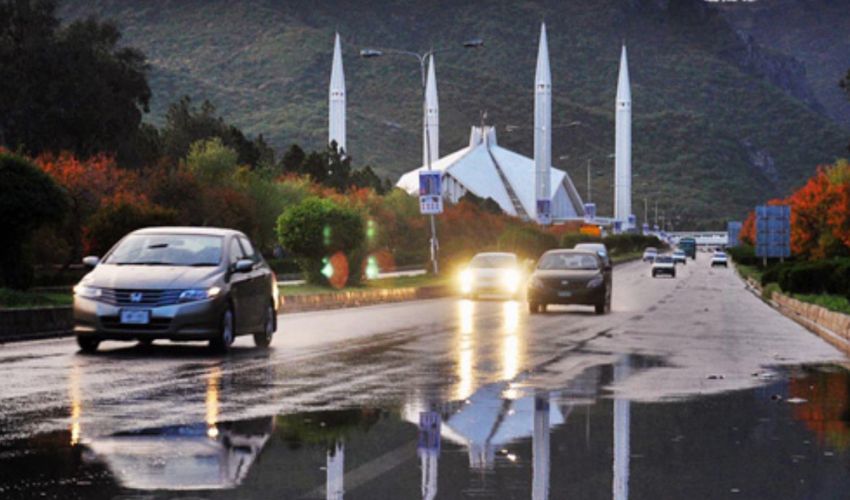In a significant policy shift, Pakistan has decided to expedite phase two of the China-Pakistan Economic Corridor (CPEC) in the upcoming fiscal year.
The government aims to enhance cooperation with China in the industrial and agricultural sectors, along with fostering social and economic development.
According to the budget document, priority will be given to completing mining and mineral projects within the next financial year. The completion of four out of nine special economic zones (SEZs) will be prioritised. These zones include Rashakai, Allama Iqbal, Dhabeji, and Bostan Special Economic Zones. Several industrial units are expected to commence production soon.
In a bid to boost exports, the government plans to increase agricultural production by integrating modern technology into the sector. Enhanced cooperation in science and technology between Pakistan and China is also on the agenda.
Additionally, 27 critical projects aimed at poverty eradication have been identified. Of these, 17 priority projects are set for completion next year, with Memorandums of Understanding (MoUs) to be signed for 10 more projects within the same period.
Ensuring the security of CPEC projects has been made a top priority, with advanced technology slated to play a key role. The scope of poverty alleviation projects includes initiatives in health, education, agriculture, vocational training, and water supply.
Moreover, the oil and gas, as well as power sectors, have been declared priorities under CPEC, reflecting a comprehensive approach to leverage this pivotal economic corridor for Pakistan's development.
This strategic acceleration of CPEC Phase Two underscores Pakistan's commitment to deepening its economic ties with China and driving forward its development agenda through this flagship initiative.

























